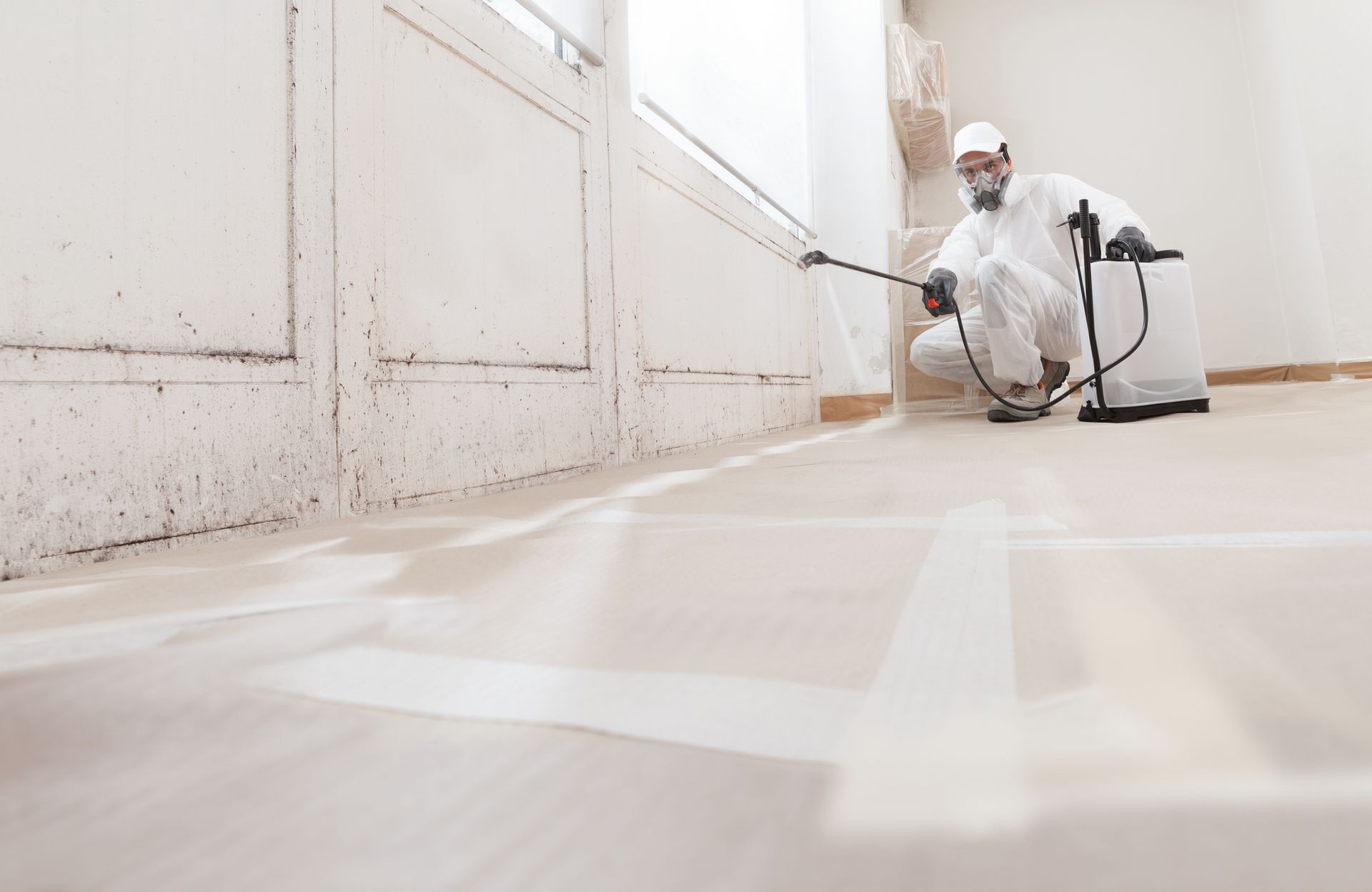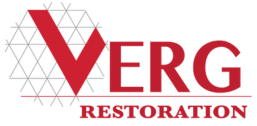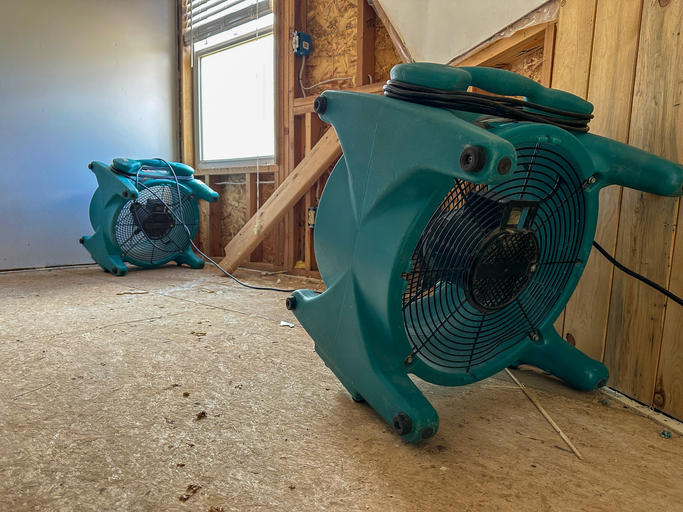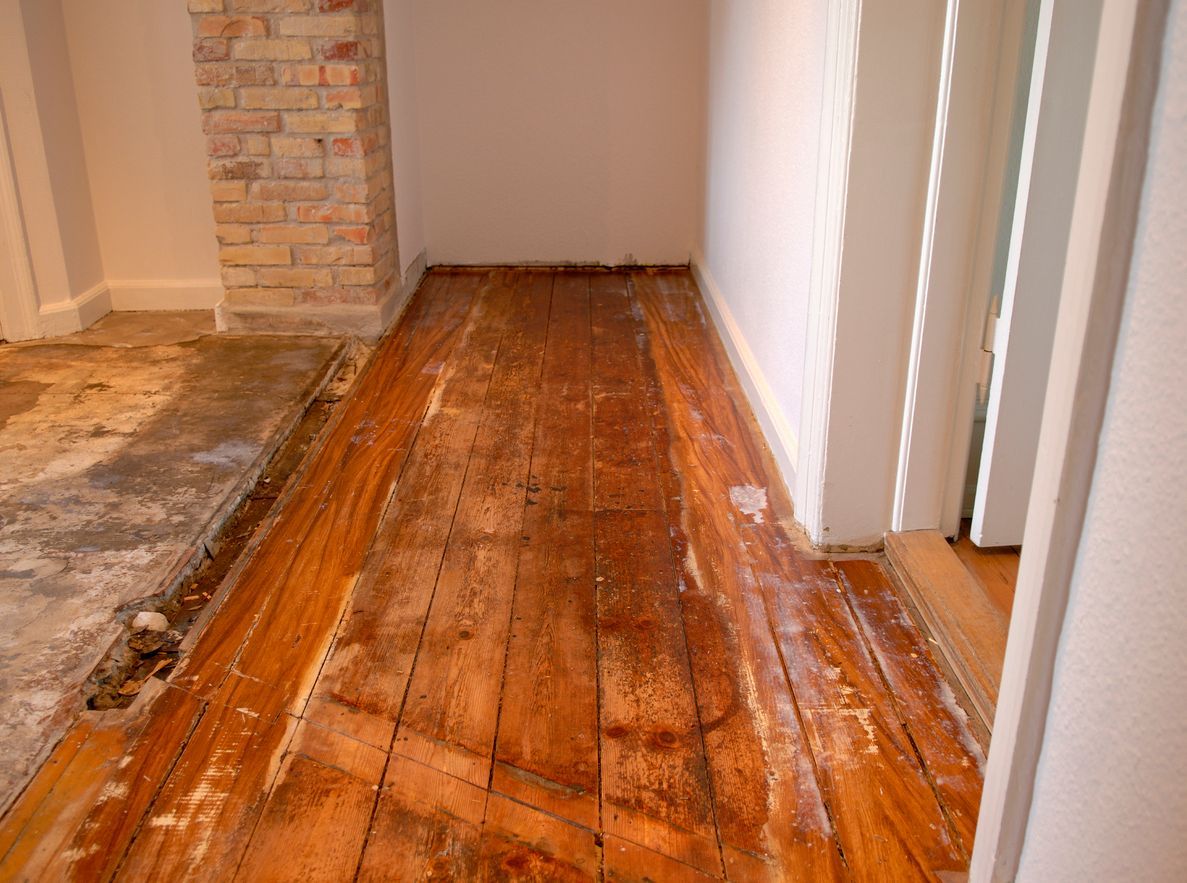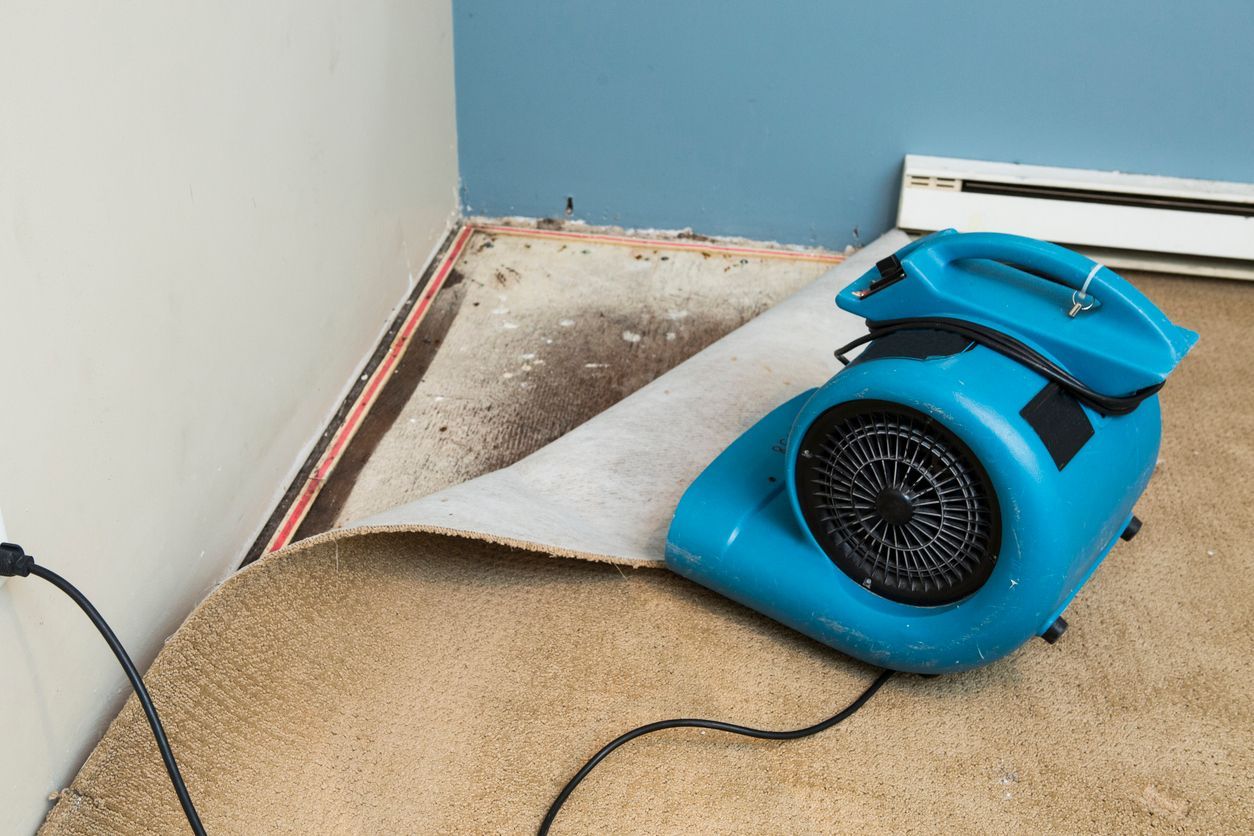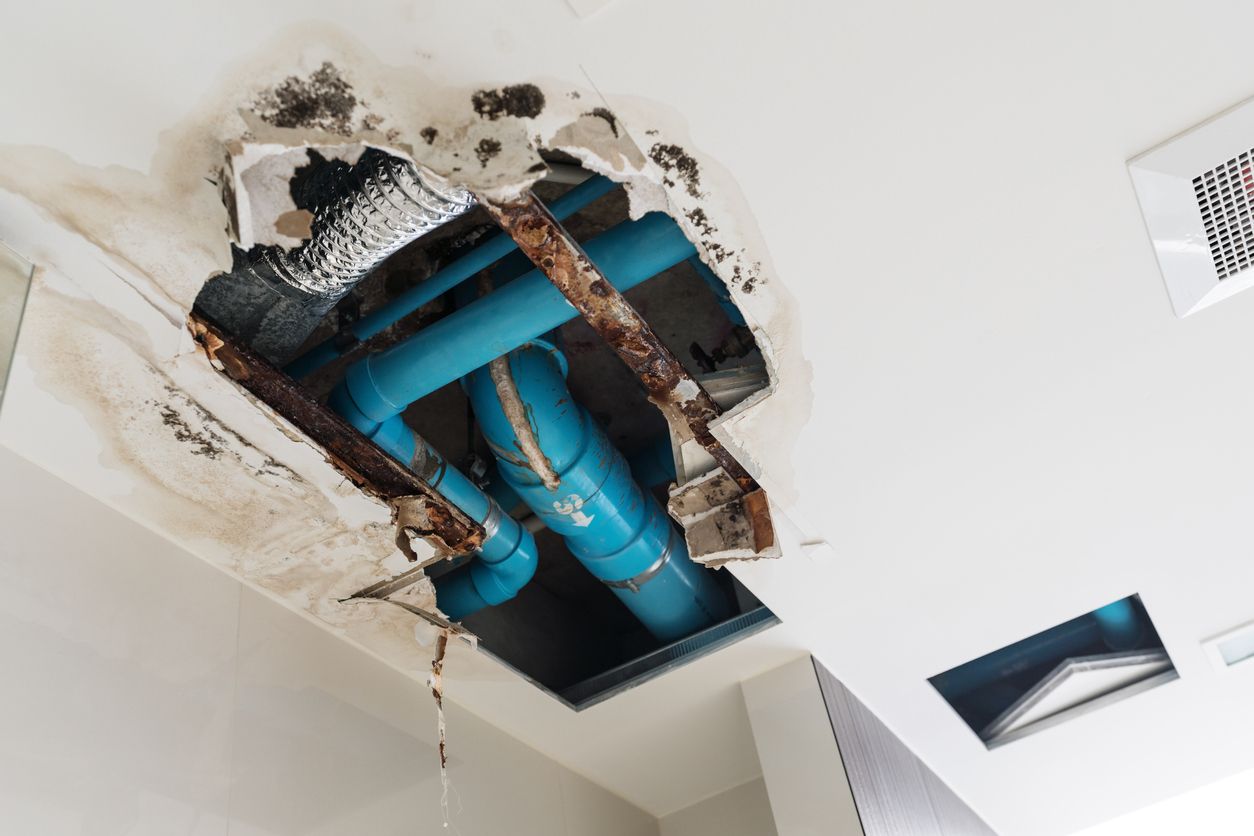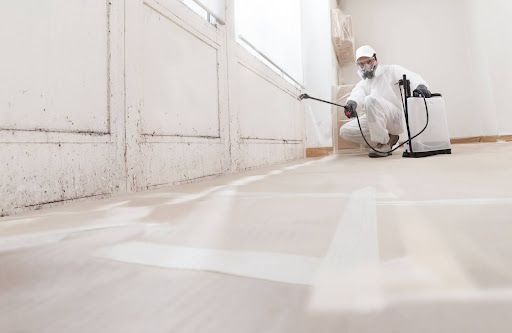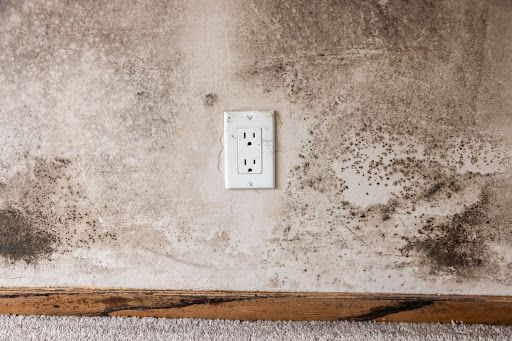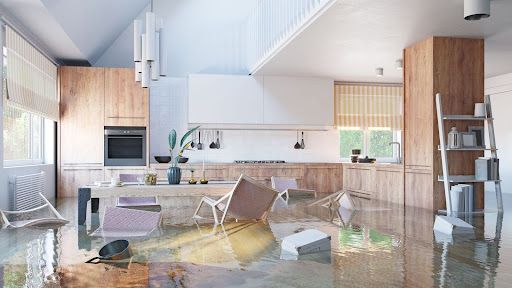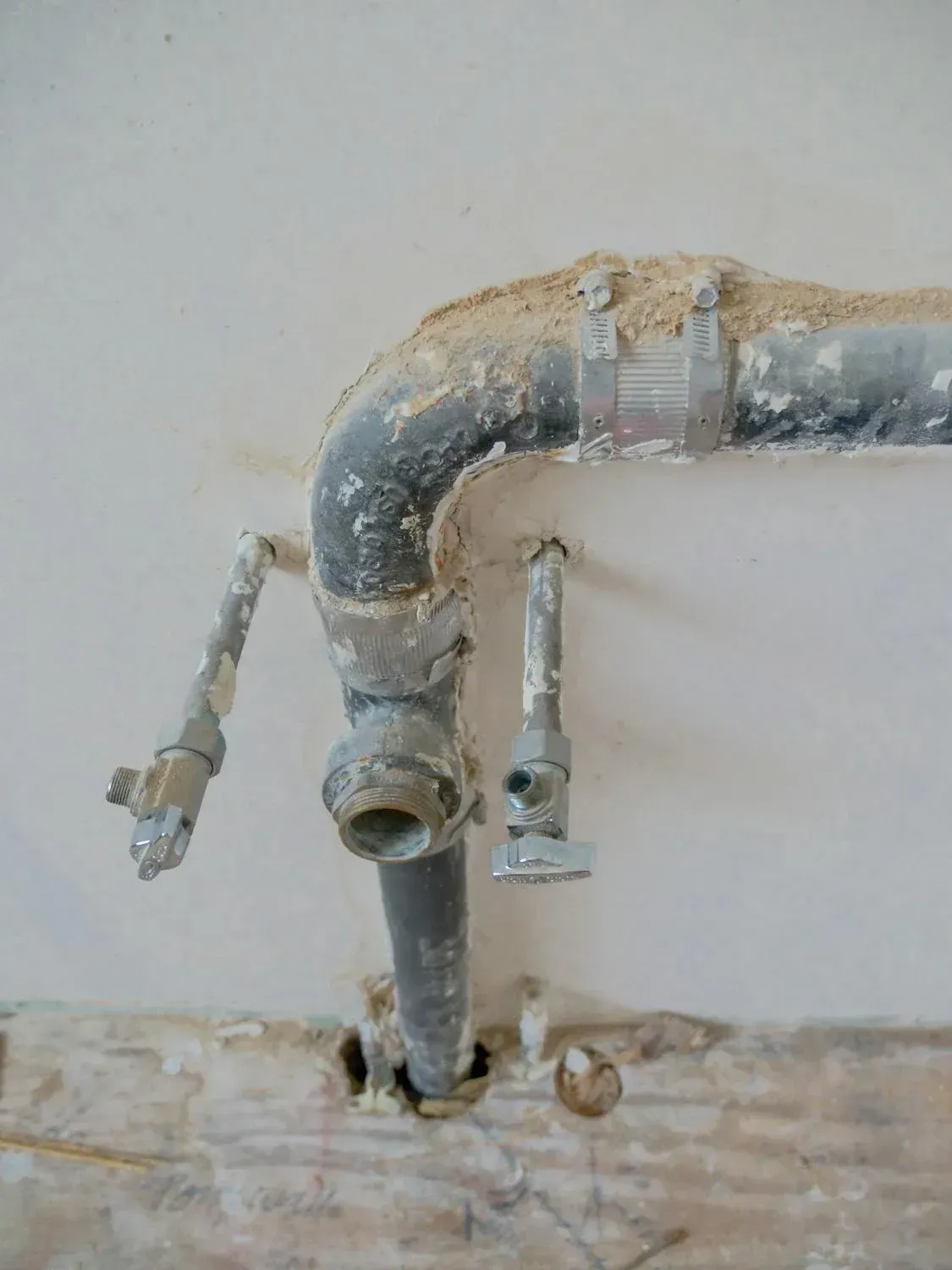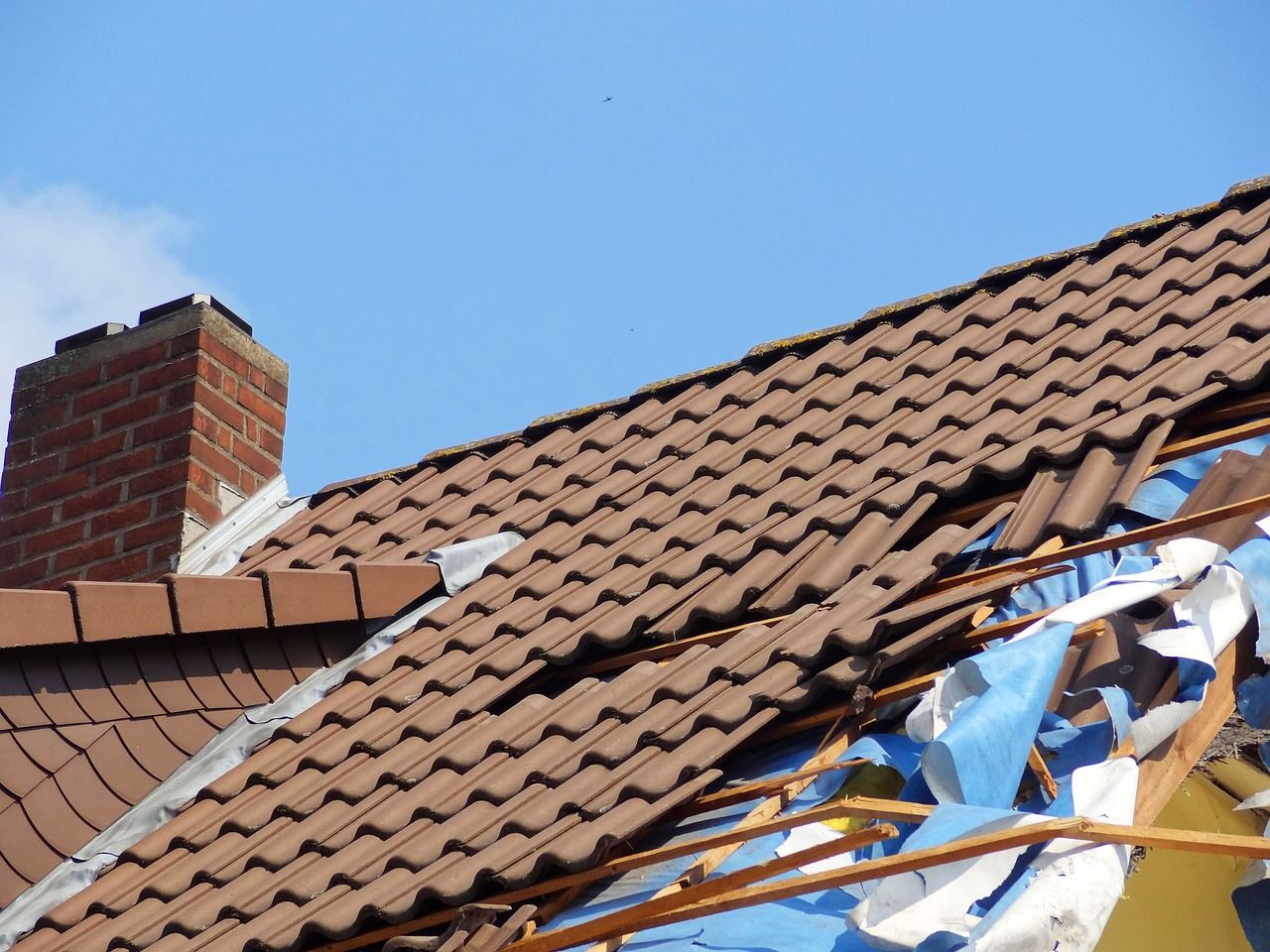What does Mold from Water Damage Look Like?
What does Mold from Water Damage Look Like?
Mold following water damage isn’t just unsightly; it poses health risks too. Signs of water damage, such as stained surfaces, may indicate the possibility of mold growth if left unaddressed. Spotting mold early can save your home from further damage. Whether it’s from leaks or floods, mold can start to grow if water damage cleanup isn’t handled promptly. For professional help, consider water damage cleanup. Understanding what water damage mold looks like helps in taking timely actions to mitigate its effects.
The Basics of Mold from Water Damage
Mold from water damage doesn’t just look ugly; it can also harm your home and health. By learning about the different colors and textures mold can have, you can spot and deal with a mold problem faster, emphasizing the importance of addressing it promptly.
Color Variations of Mold
Mold isn’t just one color. It can be black, green, white, and many shades in between. Each color can mean something different about the mold, like how much moisture it’s been exposed to or if it could be more harmful to your health. Black mold, for example, is often talked about because it can be particularly bad for you. But remember, any mold at home, no matter the color, is a sign that you need to take action to keep your space safe and clean. Exposure to toxic mold can lead to serious health risks, including respiratory issues, immune system compromise, and allergic
Textures and Appearances
Mold’s look can give clues about what kind it is and how long it’s been there. Microscopic mold spores can be difficult to detect, making it essential to use specialized tools and methods for proper identification. If mold is fuzzy, it might have been growing undisturbed for a while. Slimy mold could mean there’s still a lot of moisture in the area. Mold doesn’t just come in one texture; it changes depending on where it’s growing and how much water it’s getting. Paying attention to these details can help you understand the mold issue better and figure out the best way to clean it up and stop it from coming back.
Common Areas for Mold Growth
Mold loves damp, dark places. Excess humidity can also contribute to mold growth in these common areas. Knowing where it likes to grow can help you catch it early. Bathrooms, kitchens, basements, and attics are all places mold can easily call home because they often have the right conditions for mold to thrive.
Bathrooms and Kitchens
Bathrooms and kitchens are where water is used a lot, making them prime spots for mold to grow. A leaking pipe is a common source of water damage in these areas. Steam from showers, leaks under sinks, or spills that aren’t dried up quickly can all add moisture to these areas. Regularly checking around sinks, bathtubs, and anywhere water is used can help you catch mold before it becomes a big problem. Keeping these areas dry and well-ventilated is key to preventing mold growth.
Basements and Attics
Basements and attics might not see as much daily activity, but they’re still common places for mold to grow. These areas can have poor airflow, making it easy for moisture to get trapped and mold to start growing. A roof leak is a common source of water damage in attics. Leaks in the roof can dampen attic insulation, and basements can become moist from groundwater seepage. Regular inspections in these less-visited parts of your home can help you spot signs of mold early on. Fixing leaks and improving ventilation are important steps in keeping mold at bay in basements and attics.
Health Implications of Mold Exposure
Living with mold isn’t just a nuisance; it can also harm your health. Mold growth from water damage can compromise indoor air quality, leading to potential health issues. It’s crucial to understand how mold can affect you and your family to ensure you’re keeping your home safe and healthy.
Allergic Reactions to Mold
For many people, mold can trigger allergic reactions. These reactions might seem minor, like sneezing, coughing, or itchy eyes, especially at first. However, they can become more serious over time, especially for those with asthma or other respiratory issues. If you notice these symptoms getting worse at home, it could be a sign that mold is growing somewhere out of sight. Keeping your home dry and clean can help reduce mold and the allergic reactions it can cause.
Long-Term Health Risks
Being around mold for a long time can lead to more serious health problems. Some types of mold produce mycotoxins, which are harmful substances that can make you sick. Long-term exposure to these molds can cause symptoms that are much more serious than just allergies. This might include trouble breathing, constant headaches, and even effects on your memory or concentration. That's why it's so important to deal with mold issues as soon as you spot them. Ensuring your home is mold-free helps protect you and your family from these long-term health risks.
Preventing Mold After Water Damage
Preventing mold growth after water damage is crucial for keeping your home healthy and safe. Quick action to dry out affected areas and keeping humidity levels low are key steps in this process.
It is also important to address water leaks and dry out affected areas promptly to prevent mold growth.
Immediate Dry-Out Strategies
Right after water damage happens, it’s important to dry out the affected areas fast. Use fans, dehumidifiers, and open windows if the weather allows to help dry things out. If carpets, furniture, or walls are soaked, they need attention quickly. Sometimes, professional equipment might be needed to get everything dry. The goal is to not let moisture sit because that’s when mold starts to grow. Acting fast can save you a lot of trouble later by stopping mold before it starts. Addressing water damage from a leaking pipe promptly is crucial to prevent mold growth and further home damage.
Ongoing Humidity Control
Keeping the humidity in your home low is a good way to prevent mold from growing. Humidity levels should be below 60% to help stop mold in its tracks. You can use dehumidifiers in damp areas like basements or during humid seasons. Ventilation is also important, especially in places like the bathroom and kitchen where a lot of moisture is produced. Simple actions like using exhaust fans and fixing leaks can make a big difference in keeping your home’s humidity levels in check and preventing mold growth. Controlling excess humidity is crucial as it creates the perfect environment for mold growth, particularly in humid climate zones.
Professional Mold Remediation
Sometimes, dealing with mold from water damage is too big a job to handle on your own. That’s where professional mold remediation services come in. They have the tools and knowledge to safely remove mold and help prevent it from coming back. Professional mold removal is crucial to effectively address mold infestation and eliminate microscopic mold spores.
When to Call the Professionals
If you find a lot of mold, or it keeps coming back after you clean it, it might be time to call in professionals. Also, if mold is in your home's air system or you have health problems that could be made worse by mold, you should get professional help. Professionals can handle the mold safely and make sure it's completely removed. They can also find hidden mold you might not see, ensuring your home is healthy and mold-free.
What to Expect from Mold Remediation
Mold remediation is a detailed process. First, professionals will inspect your home to find all the mold, even in hidden spots. They'll use special equipment to contain and filter the air as they work, keeping mold spores from spreading. They'll remove moldy materials safely and clean the area with special products. Finally, they'll dry out the area thoroughly to make sure mold doesn't come back. Throughout the process, they'll keep you updated and may suggest changes to help keep your home mold-free in the future.
Understanding and Mitigating Mold from Water Damage
Keeping your home mold-free is crucial for your health and comfort. By learning to spot and properly handle water damage mold, you ensure the well-being of your living space. Quick action and, when needed, seeking professional help are your strongest tools in preventing mold's negative impact. Make sure your home stays safe, clean, and healthy by tackling water damage and mold right away.
Need Help with Mold or Water Damage? Leave it to Verg Restoration
Dealing with mold or water damage can be overwhelming, but you don't have to handle it alone. Verg Restoration is here to help. Located at 8618 NE, 13th Ave, Vancouver, WA, 98665, we offer services to get your home back to its best. Whether you're facing mold issues or dealing with the aftermath of water damage, our team has the skills and experience to tackle the problem. Call us at (360) 818-4644 or visit https://www.vergrestoration.com/ to learn more about how we can help you. Let Verg Restoration take the stress out of mold and water damage for you.
